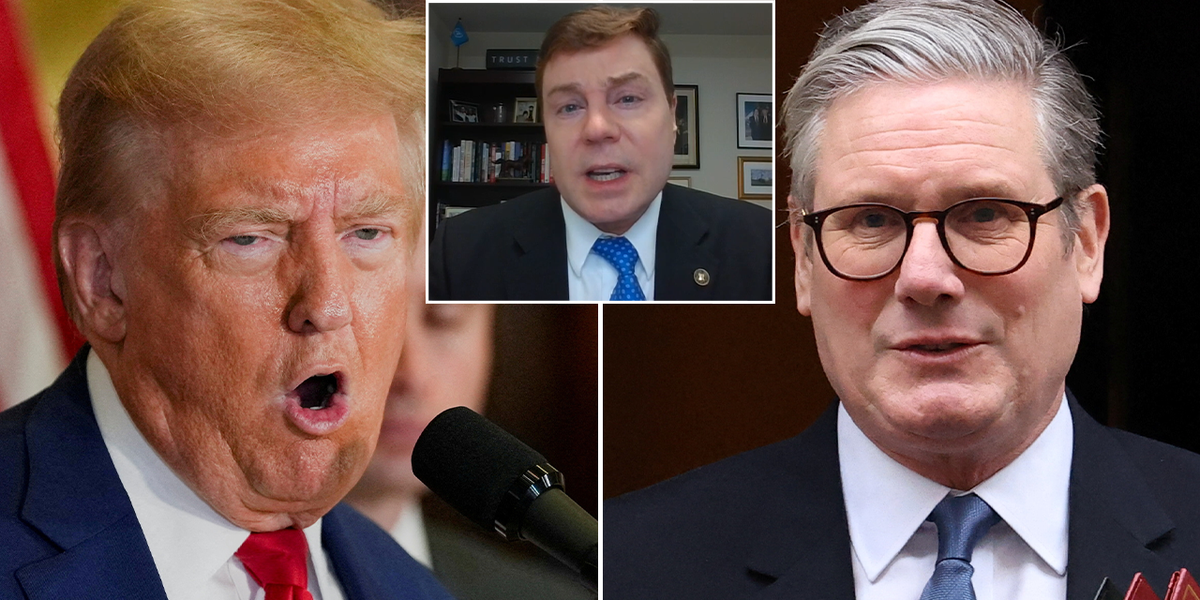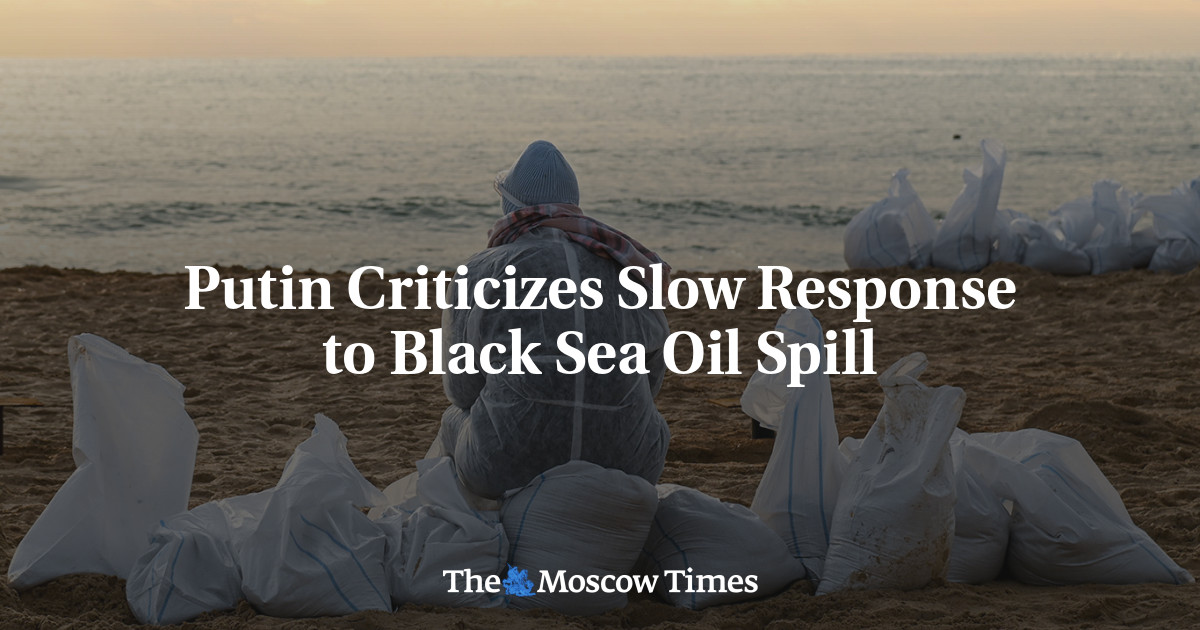It started out rather differently than we now sometimes imagine it. When Vladimir Putin took over the Russian presidency from Boris Yeltsin 25 years ago, on New Year’s Eve 1999, he was seen as a man with whom Washington could do business.
President Bill Clinton lauded Putin’s accession to the presidency as a “democratic transfer of executive power,” which it certainly was not. Clinton administration officials hailed Putin as “one of [Russia’s] leading reformers” who, according to the New York Times, “clearly has an intellectual grasp of democracy.” The “prospects for meaningful reform in Russia,” opined another journalist, “are now excellent.” Administration officials also dismissed worries over Putin’s KGB background as “psychobabble.”
In the aftermath of the September 11 attacks, a Carnegie Endowment expert who has since become one of Putin’s most public critics wrote that, in his view,
U.S.–Russian relations offer one bright counter to this otherwise gloomier international picture. Russian President Vladimir Putin was one of the first foreign leaders to speak directly to President Bush. In that phone call, he expressed his condolences to the president and the American people and his unequivocal support for whatever reactions the American president might decide to take. He then followed this rhetorical support with concrete policies.
Expectations for an era of heightened U.S.–Russian cooperation began to unravel in the mid-2000s. Indeed, future historians (should there be any) will likely come to see the period between 2007 and 2012 as crucial to explaining why U.S.–Russian relations went so terribly wrong.
The milestones are by now familiar to those with even a cursory interest in this Great Power rivalry. These include Putin’s speech at the Munich Security Conference in February 2007, where he declared Russia would pursue a foreign policy independent from that of the West, and the six-day war in neighboring Georgia in August 2008, during which the Republican nominee for president made the fatuous and equally unlikely declaration that “we are all Georgians now.” It was, however, the grisly rape-murder of Libyan strongman Muammar Gaddafi in October 2011 that did more than most to poison Putin’s view of Washington and the way it does business.
Briefly, then: The Obama administration was able, under false pretenses, to obtain a promise from the Russian government not to veto UN Security Council resolution 1973 “to take all necessary measures to protect civilians under threat of attack” in Libya. The deal was that the Russians would abstain from using their veto as long as the establishment of a “no-fly zone” didn’t morph into a regime change operation.
Yet after Gaddafi’s very public execution and the American secretary of state’s tasteless celebration of it, Moscow felt that Washington welched on the deal. For Putin, then waiting in the wings as prime minister, this was the likely point of no return.
If that was his, what was ours?
By 2011–2012, the unelected U.S. foreign policy establishment (which basically calls the shots regardless of whom we Americans send to Washington) had decided that Putin was a man with whom we could not and should not do business. Any sort of diplomatic relationship ended, not with the Maidan coup and subsequent Ukrainian civil war in the spring of 2014, nor with the Russian invasion of Ukraine in February 2022. No, it essentially ended when Putin decided to return to the Russian presidency for a third term.
The resulting anti-government protests that took place in Moscow after Putin made his intentions clear encouraged the media’s supposedly best-informed Russian analysts to indulge in fantasies of their own devising. And throughout, they were proven wrong. Masha (now “M.”) Gessen declared in the pages of the Guardian that the Russian media had turned on Putin and predicted that the Putin regime was about to “come tumbling down.” The American Enterprise Institute’s Leon Aron, writing in the pages of Foreign Policy magazine, declared, in an article titled “Putin Is Already Dead,” that
as the Russian protest movement expands and radicalizes in the lead-up to the March 4 presidential election, the key question is not whether Vladimir Putin—and Putinism—will survive. They will not.
In an analysis somewhat further down the sophistication curve, the New Republic’s Julia Ioffe tweeted, “Putin’s fucked, y’all.”
At just this time, during a brief, unhappy stint over in Foggy Bottom, I learned of a cable sent in by U.S. law enforcement agents who had taken a Russian national with expired papers in for questioning at an airport out in California. With a great, breathless urgency the agents described that they, in the process of interrogation, had learned that Vladimir Putin would, in the view of the man in custody, be coming back to serve as president of Russia for a third term. I thought, What were these Masters of the Obvious so worked up about? Of course he was. Yet my reaction was a bit unfair—after all, what was understandably news to these agents out West also came as an unwelcome surprise to our superiors in the White House.
Some might recall that around that time the sitting vice president, Joseph R. Biden, was dispatched to Moscow to advise the sitting Russian prime minister, Putin, that if he were in his position, he would not run for a third term. The White House was perhaps unaware that the serious tend to disregard advice proffered by the unserious. By this time however, the president and his comically egotistical chief Russia adviser had convinced themselves that the sitting (and, alas, very temporary) Russian President, Dmitry Medvedev, would be back for a second term, largely, it was assumed, on the strength of his personal relationship with the American president.
The personal connection between Obama and Medvedev was thought to be real. It was also, for some reason, assumed to somehow matter in the calculus of the man who held the actual power in Russia.
New to Washington in the summer of 2010, I, at the invitation of a friend from my time as a lowly paper-pusher at Goldman Sachs, was given a tour of the West Wing by an Obama speechwriter. The speechwriter, touted then as the second coming of Ted Sorensen, could not have been more gracious to this stranger from New York, and in the course of the tour, stopped at a picture of his boss and the Medvedev chowing down at Ray’s Hell Burger in Arlington.
“POTUS,” he said, “really loves this guy.”
Subscribe Today
Get daily emails in your inbox
I thought, but didn’t say: Oh. Trouble. When U.S.–Russia relations are overly (as they were in that period) reliant on the personal relationship between the two principals, nothing (much) good comes of it. In this case, some good did come of it: the New START Treaty. But Putin’s return to the presidency for a third time dashed widely held expectations that Obama would have four more years with which to work with the seemingly pro-Western Medvedev (and note what a long way in the other direction Medvedev has traveled since then).
So when Putin did what every serious person knew he was going to do and return for a third term, a decade’s worth of bitter recriminations—from the White House, from Capitol Hill, and from our government-supervised media—followed.
The rest is history. None of it good.

 By The American Conservative (World News) | Created at 2025-01-16 05:10:09 | Updated at 2025-01-16 08:02:01
2 hours ago
By The American Conservative (World News) | Created at 2025-01-16 05:10:09 | Updated at 2025-01-16 08:02:01
2 hours ago








